Past Postdoctoral Fellows
2023 – 2024

Sung Eun Kim
sungeun.kim@gwu.edu | Harvard Article
Sung Eun Kim is an interdisciplinary historian of modern Korea whose research focuses on U.S.–ROK relations, the intersections of transnational Korean militarism and U.S. imperialism in the Asia-Pacific region, and the racial and sexual politics of colonial soldiering. His forthcoming article in the Journal of Asian Studies (August 2024) analyzes the use of Korean augmentees under joint US–French command during the Korean War and highlights how both countries borrowed strategies from their use of indigenous soldiers in their respective imperialist past. This article argues that the multilateral militarized alliances forged under the U.S. cooptation of the United Nations banner in the Korean theater of war enable us to see how transcolonial racial politics in the decolonizing Pacific straddled European and American imperialism.
Sung Eun’s research draws from the fields of Korean studies, race and gender studies, and U.S. war and empire studies to expand the question of U.S. colonialism in modern Korean history by considering its theoretical, transnational, and interdisciplinary significance for the Asia-Pacific region. His book manuscript, Transcolonial Korea: Race, Gender, and the Making of KATUSA under U.S. Military Empire, 1945–2010, offers a critical history of the Korean Augmentation Troops to the U.S. Army, a unit of South Korean soldiers that have been conscripted into the U.S. Army in Korea from 1950 to the present. Drawing from a multilingual archive of Korean, Japanese, and English-language source materials, including personal memoirs, novels, poems, biographies, and interviews of former KATUSA soldiers—and placing this rich array of cultural accounts alongside U.S. and South Korean news reports, diplomatic correspondence, and military documents—Transcolonial Korea considers how racial, gender, and national hierarchies structured the militarized alliance between the United States and South Korea throughout the Cold War and into the present.
Currently, Dr. Kim is serving as the 2024-25 SBS Korean Studies Postdoctoral Fellow in the Social Sciences at the Korea Institute, Harvard University, and will begin his position as Assistant Professor of Korean Studies in the Department of Asian and Middle Eastern Studies at Duke University in the Fall of 2025. Before joining Harvard University, Sung Eun Kim was a Postdoctoral Fellow with the Institute for Korean Studies at George Washington University. Sung Eun earned his Ph.D. in modern Korean history from UCLA, his M.A. in East Asian Regional Studies from Columbia University, and his B.A. in Asian Studies and Political Science from Vassar College.
2022 – 2023
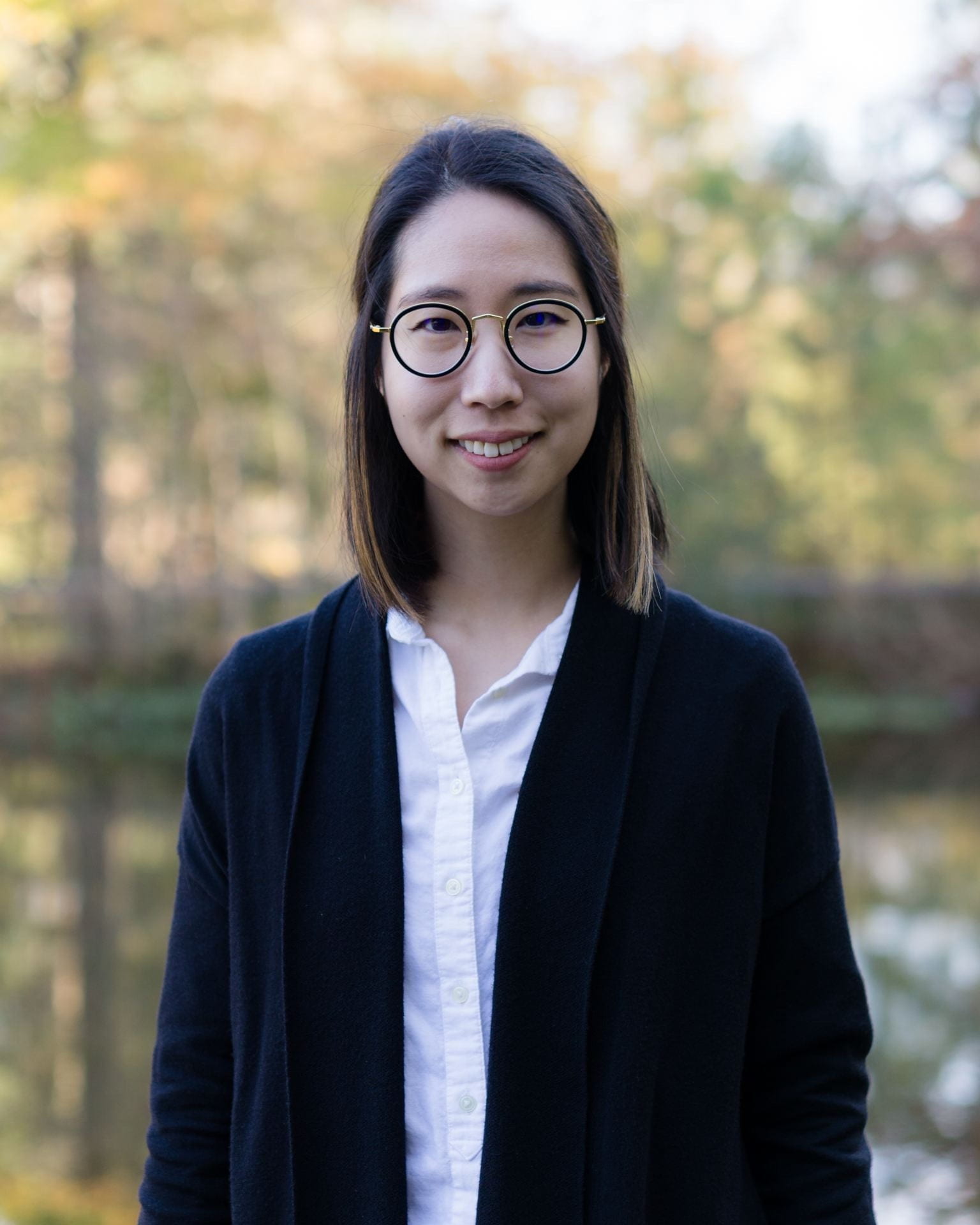
Sandra H. Park
Sandra Park is a historian of modern Korea, US empire in East Asia, and religion and the Cold War. Her current book project, titled Anointed Citizenship: Christianity, Border Crossing, and US Empire in the Korean War, examines the politics of Christian rescue and conversion in the passage of North Koreans into “Free” South Korea—and their transformation from the enemy to good citizens-to-be—at the crossroads of Cold War nation-building and empire-making. An exploration of the moral politics of Christianity and political belonging, Park’s research shows that the violent conditions of the Korean War (re)defined the place of religion in modern political life for both Koreans and Americans. Park’s previous work on religion and socialist secularization in revolutionary North Korea appeared in the Journal of Korean Studies, and for her second book project, she is interested in exploring the coherence of religious freedom as a distinct category in the context of divided, Cold War Korea.
At the University of Arizona, Dr. Park teaches courses on modern and contemporary Korea, religion and politics in Korea and East Asia, and East Asian history, culture, and society.
Before joining the University of Arizona, Sandra Park was a Postdoctoral Fellow with the Institute for Korean Studies at George Washington University. She holds a PhD in History from the University of Chicago, where she also received an MA and BA. As a first-generation and Asian American scholar, she is committed to inclusive, accessible teaching and mentoring students from marginalized backgrounds.
2021 – 2022
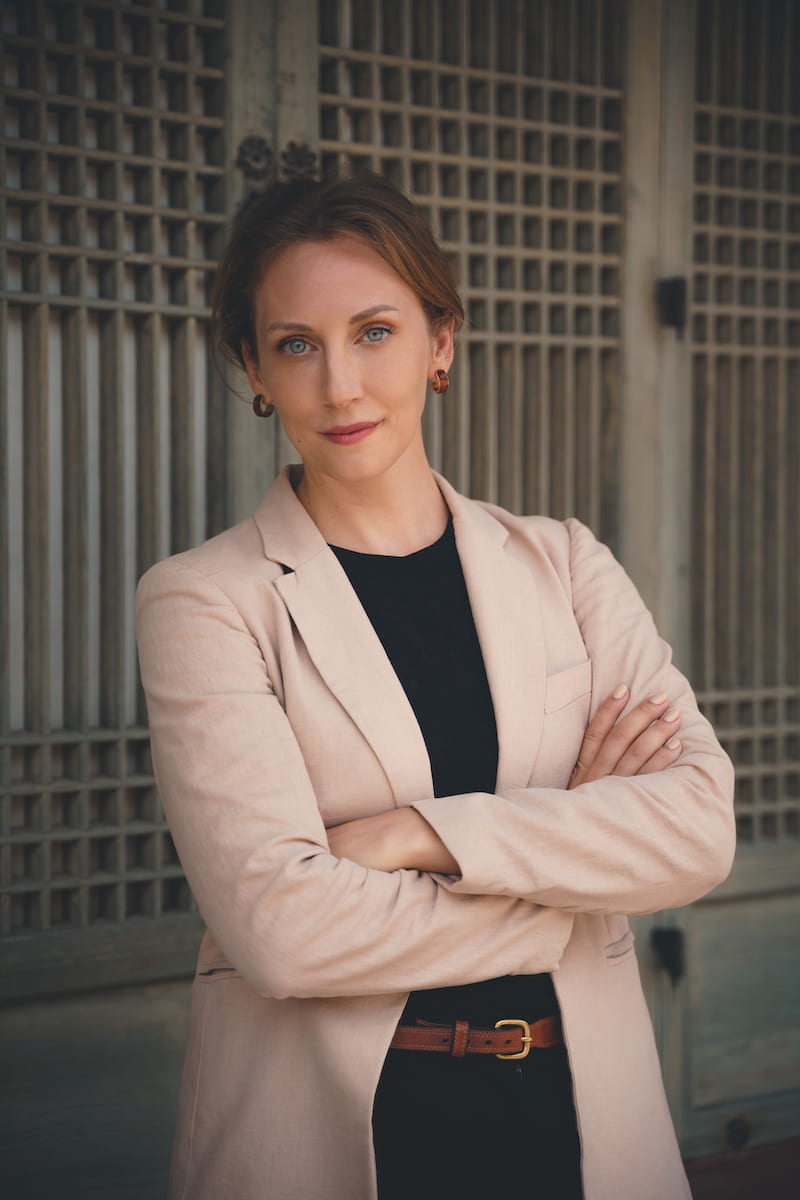
Darcie Draudt, PhD
darciedraudt@gwu.edu | Website | Featured Event with Dr. Draudt-Véjares
Dr. Draudt-Véjares is a Fellow for Korean Studies in the Asia Program at the Carnegie Endowment for International Peace in Washington, DC. A political scientist and policy analyst, she publishes regular commentary on South and North Korean domestic politics and foreign policy, Northeast Asian relations, and US-Korea policy.
Dr. Draudt-Véjares currently holds non-resident fellowships at the George Washington University Institute for Korean Studies (GWIKS) and the National Bureau of Asian Research. From 2022-2024, Dr. Draudt-Véjares was a postdoctoral research associate at the Princeton University School of Public and International Affairs and from 2021 to 2022 she was a postdoctoral research fellow at GWIKS at the Elliott School of International Affairs.
She has previously held research positions at the Korea Economic Institute of America, Yonsei University, Pacific Forum, the Council on Foreign Relations, and the International Organization for Migration (IOM) Research and Training Center in South Korea.
2020 – 2021
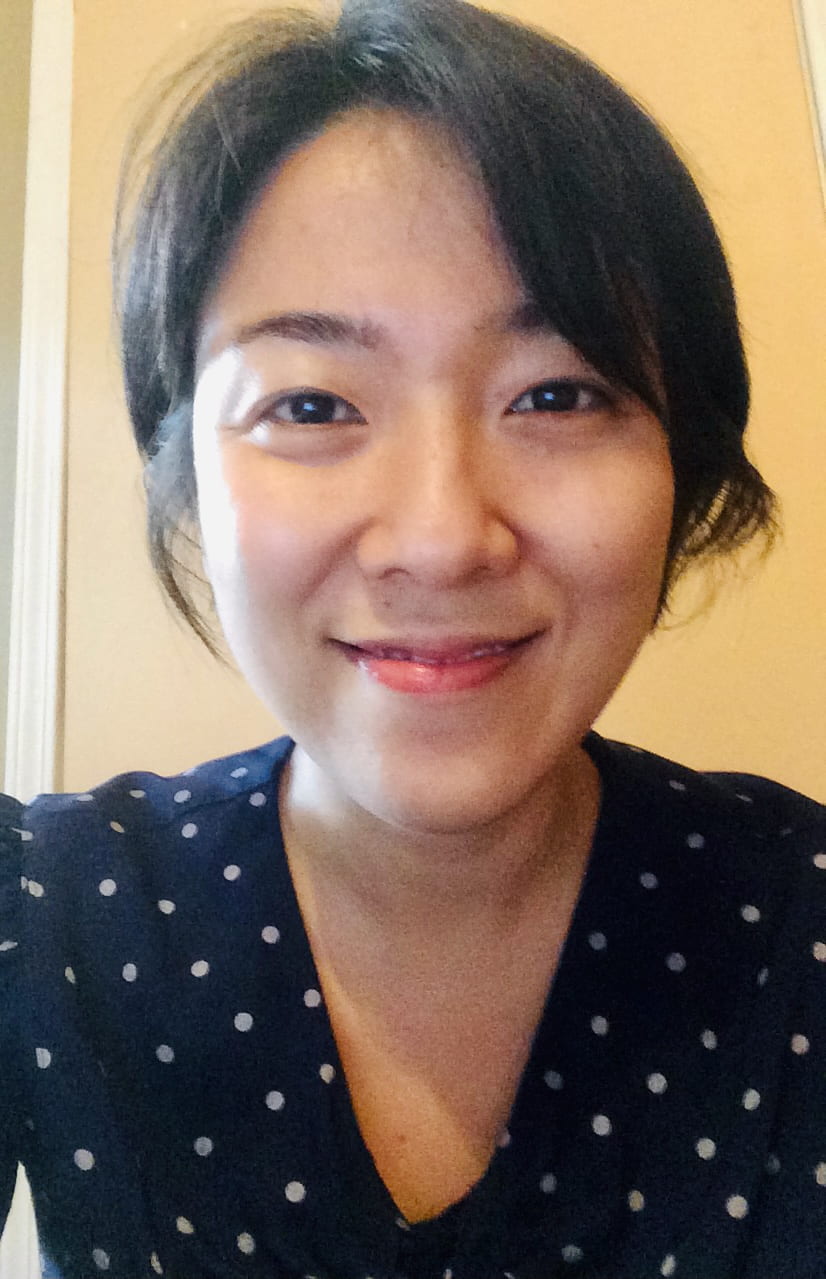
Yewon Andrea Lee
yewonlee@gwu.edu | Featured Event with Yewon Lee
Yewon Andrea Lee was an Assistant Research Professor of International Affairs and 2020-21 Postdoctoral Fellow at The George Washington University Institute for Korean Studies (GWIKS). She is currently an Assistant Professor at the Department of Korean Studies at University of Tübingen.
As a political and labor sociologist and urban ethnographer, Yewon is broadly interested in how speculative real estate interests increasingly dictate the shape and character of urban landscapes and urban lives. Currently, Yewon is preparing a monograph that examines a fascinating case in which tenant shopkeepers in South Korea are challenging the formidable power of property-ownership-based citizenship. The activism of tenant shopkeepers in Korea against eviction from their shops is debunking the idea that these so-called micro-entrepreneurs or petit bourgeoisie are either shielded from capitalist exploitation or destined to be unrevolutionary and individualistic. Yewon’s ethnographic work on tenant shopkeepers’ activism both reveals the urban inequalities that are driven by rentier capitalism and analyzes the on-the-ground efforts to counter them.
Her work has been well received, winning many awards, including the American Sociological Association’s 2020 Labor & Labor Movement Section’s Distinguished Contribution to Scholarship Graduate Student Paper Award.
2019 – 2020
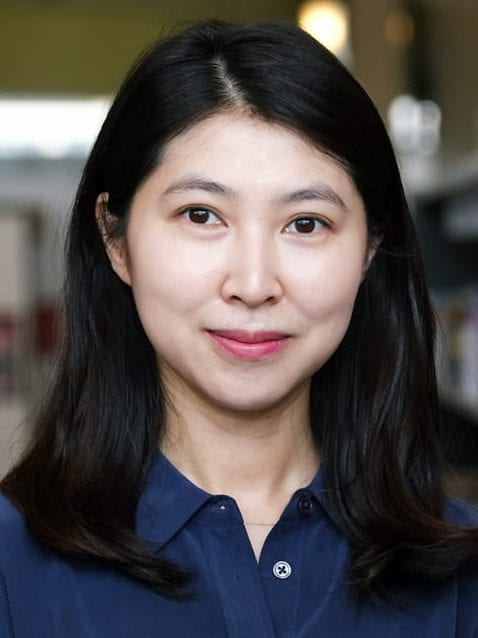
Sunhye Kim
skim11@ewha.ac.kr | Featured Event with Sunhye Kim
Sunhye Kim was an Assistant Research Professor of International Affairs and 2019-20 Postdoctoral Fellow at the Institute for Korean Studies at GW and she is currently an Assistant Professor at the Department of Women’s Studies, Ewha Womans University. Her research and teaching focus on the politics of human (re)production, technology and gender, family and labor, cross-border medical tourism, and qualitative methods. She is also interested in Korean women’s movements and transnational feminism. She has published several journal articles and book chapters in English and Korean related to population policy, biomedical technology, and reproductive justice movement in English and Korean. She received her Ph.D. in the Department of Women’s Studies at the University of Maryland and earned her M.A. and B.A. in the Department of Sociology at Yonsei University. She is currently working on a book manuscript that examines how the concepts of reproductive rights and labor have been contested and negotiated by various actors—including infertile couples, gamete donors/gestational surrogates, state agents, and medical professionals—across national boundaries.
Korea Foundation Postdoctoral Fellow
2024 – 2025

Peter Moody
Dr. Peter G. Moody is a historian of Modern Korea and Professorial Lecturer at the George Washington University. His research examines the industrialization, mass media, and cultural politics of the Korean peninsula, during and after the period of Japanese colonization. He received his PhD from Columbia University in 2023 and subsequently served as a Visiting Research Professor at Korea University and Managing Editor of the Journal of Korean Studies (JKS). Peter has been awarded fellowships for his archival research, including from the US Fulbright Program, the AAS Northeast Asia Council (NEAC), and the Academic Exchange Support Program for North Korean and Unification Studies. In addition to his historical inquiries, Peter analyzes current trends and developments in ROK and DPRK culture and domestic politics. He has been interviewed by several media outlets, including BBC World News and The Wall Street Journal, and he is also an occasional contributor to NK News. He is currently working on a book manuscript titled Music and the Mobilization of North Korea, which traces the development of the DPRK’s “total music society,” capturing the perspectives of North Korean musical figures who struggled to balance their artistic inclinations with the ruling Korean Workers’ Party’s political imperatives.
Selected Publications
“Life Songs and Lifelong Expertise: The Hidden Sustainable Properties of Music North Korean Secondary Cities,” in Pursuing Sustainable Urban Development in North Korea, edited by Pavel Em (Routledge, 2024): 48-58.
“From MacArthur’s Landing to Trump’s Fire and Fury: Sonic Depictions of Struggle and Sacrifice in a North Korean Short Story, Film, and Opera,” with Alexandra Leonzini, Korean Studies 46 (2022): 73-106.
“Girl Power” DPRK Style: The Girl Group Phenomenon in North Korea and its Fans Across East Asia,” with Seunghee Ha, in Perspectives of Gender, Sexuality, and Stereotype in the Korean Wave, edited by Marcy L. Tanter and Moisés Park. (Lexington Books, 2022): 37-61.
“Yanggak Island Discs: Seeing and Hearing North Korea Through Eight Songs,” with James Banfill, North Korean Review 17, no. 1 (2021): 121-130.
“Reconstructing the National Heritage: Socialist Folk Music in North Korea and East Germany, 1945-1963,” Korea Journal 61, no. 1 (2021): 186-218.
“From Production to Consumption: The Socialist Realism/ Personality Cult Divide in North Korean Popular Music,” European Journal of Korean Studies 20 (2020), no. 1: 7-35.
“Chollima, the Thousand Li Flying Horse: Neo-traditionalism at Work in North Korea,” Sungkyun Journal of East Asian Studies 13, no. 2 (2013): 211-233.
2020 – 2021
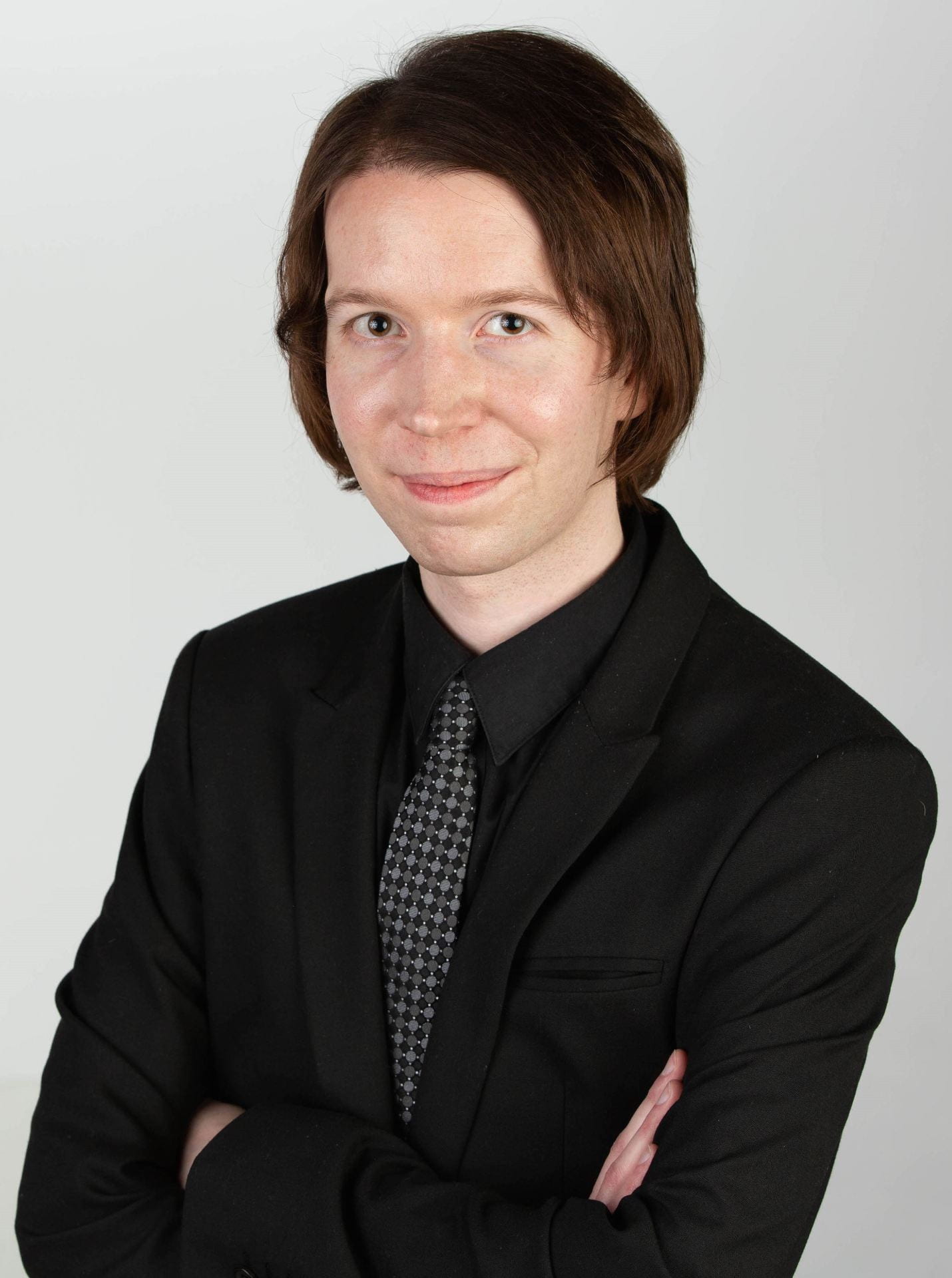
Douglas Gabriel
dgabriel36@gwu.edu | Featured Event with Douglas Gabriel
Douglas Gabriel is a 2020-21 Korea Foundation Postdoctoral Fellow at GW. Douglas received his Ph.D. in art history from Northwestern University in 2019. His current book project, Over the Mountain: Realism Towards Reunification in Cold War Korea, 1980–1994, examines connections between the visual art of the minjung democratization movement in South Korea and the work of state-sponsored artists in North Korea. Previously, he was the 2019-20 Soon Young Kim Postdoctoral Fellow at Harvard University. Douglas’s research on North and South Korean art and architecture has appeared in the Journal of Korean Studies and Hyŏndae misulsa yŏngu [The Korean Journal of Contemporary Art History]. His work has been supported by the Fulbright Program, the Harvard Korea Institute, and the Northeast Asia Council of the Association of Asian Studies.
